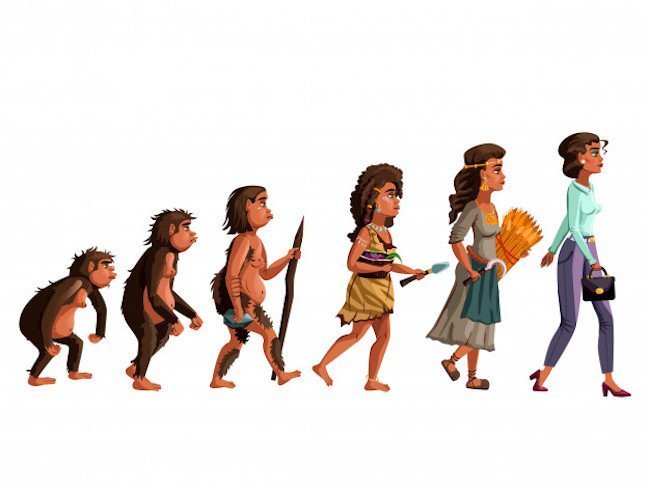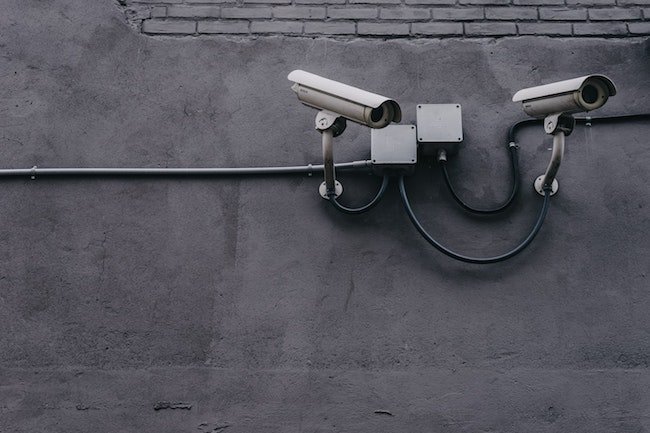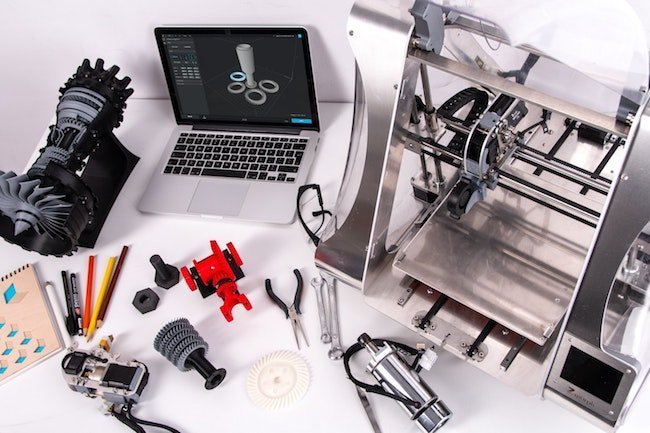In the 21st century, life without modern technology sounds impossible – and it may be just that. The meaning of technology has evolved over centuries, from referring to the discourse on both fine and applied arts, to the study, knowledge, and application of scientific discoveries today. Even though technology nowadays commonly refers to digital technology, do you know that it has been in existence since the Stone Age (think: toolmaking)?

We can easily admit that we rely heavily on technology, whether we like it or not. It is everywhere – our mobile devices, motor vehicles, hospital equipment, etc. Even organisations all over the world are using technology to reach out to their clients and partners through different means such as digital marketing. However, there have also been many concerns pertaining to the abuse of technology.
For example, in recent years, cybercrime has been on the rise. Millions of people are also worried that robots will eventually replace all human jobs. Whether modern technology is ultimately beneficial, has been the subject of debate by one too many people. Before you decide which side you’re on, here are several points to look into.
Communication

Thanks to technology, we can now communicate with someone at the other end of the world in real time. Instead of having to wait for days or weeks for letters to be sent and then replied to, a simple text message or call can reach the receiving party in just a few seconds. Job applications are also made easier via email, and job interviews conducted over Skype are also becoming more popular in place of physical interviews.
The downside to this ease of communication? Spam messages and calls. Scam emails are common, with some fabricated stories promising monetary rewards if money is first given to the sender of the email. Several scammers even lead people into believing that they are in genuine relationships before tricking unsuspecting victims into transferring large sums of money to them.
Security

The ubiquity of technology in security is evident in many forms. From fingerprint identification and facial recognition to end-to-end encryptions in messaging application Whatsapp, there is no denying that technology brings about enhanced security. Security is especially important in financial matters, and all the more so online. For instance, cryptocurrency Bitcoin is able to secure transactions by making use of a public ledger called a block chain.
Unfortunately, information technology security can also be compromised. Take, for example, Sephora’s data breach that occurred in Asia Pacific this year, when the records of several million customers were put up for sale on the Dark Web. Although no financial details were compromised, the database had information such as the users’ logins and password details and notes about their physical appearance that they manually input into the system, which can be used for phishing attacks.
Fake News

I’m sure you’ve heard of the term “fake news” by now. It is otherwise known as the intentional circulation (disinformation) or unintentional circulation (misinformation) of false content, which at times can be malicious. Though we are no stranger to deceit, fake news has only emerged in the last decade. Of course, some news articles can be highly entertaining, but it can lead to undesirable circumstances as well. An infamous example is India’s Whatsapp lynchings, where alleged perpetrators of various crimes have been killed by vigilantes.
With technology, it is easy to disseminate fake news. A message can be written in a few seconds and sent at the press of a button.The receiver(s) can then forward the message by a few taps of the screen. This process can go on for as long as the message exists. In the case of India, widely spread baseless claims have led to dozens of deaths – taking fake news too far.
Loss of Jobs

Are you concerned that humans will be replaced by robots? If your answer is yes, you’re not the only one. As technology becomes more advanced, so does automation. In Singapore, the presence of robots is becoming common – it is not unusual to see “smart tray return robots” in local food court Koufu. These robots move around the food court to make it easier for patrons to return their trays, and also have the necessary sensors to avoid colliding with any person or object.
While automation improves productivity, it is threatening millions of jobs. Simple inventions such as self-checkouts at supermarkets are already replacing cashiers while chatbots are used for customer support in the form of live chats. However, it has also been suggested that the loss of jobs creates jobs elsewhere.
One could also say that our customer paging systems which are used in F&B establishments are replacing servers, although we think that the implementation of such paging systems provides better allocation of labor as servers can focus on other operational tasks!
Addiction

The endless complaints of children being too attached to their mobile devices – parents, we hear you. It is highly unlikely that you’ll find yourself in an area where no one has a mobile device. People are attached to their handphones or tablets all day for all sorts of reasons – messaging, emailing, reading the news, using social media, you name it. Some are even so addicted that they use their handphones while driving, prompting the Singapore government to enact laws to deter them from doing so.
However, we can argue that people are simply moving with the times. In fact, mobile devices can be used for a variety of useful purposes such as education and easy access to information. Having educational videos on YouTube serves as an easy way to teach young children about the fundamentals of the English Language – for example, through nursery rhymes. This is applicable to virtually everyone, who can easily find visual examples of concepts they find difficult to grasp just by keying in a few words in the search bar.
Modern Technology as Both Good and Bad

Modern technology may not necessarily be all that harmful………or beneficial either. Hacktivist group The Anonymous lies somewhat in the middle of the good-bad meter of modern technology.. Symbolised by the iconic Guy Fawkes mask, this organisation has been carrying out acts of internet vigilantism since 2003. They are known to take matters of injustice into their own hands and exact revenge on whoever is responsible for these matters. We’re on the fence with this one, but we’ll leave it to you to decide if modern technology is good or bad here.
Conclusion
Overall, we believe that technology is indeed beneficial as it is has a myriad of advantages. Nonetheless, take note to use it carefully and do your research before spreading what can turn out to be fake news. You don’t have to worry about losing your jobs to automation either – as mentioned above – as as many jobs are created as they are lost.
What do you think about modern technology?






